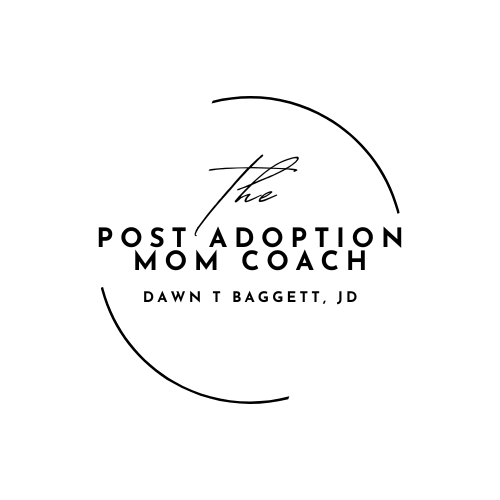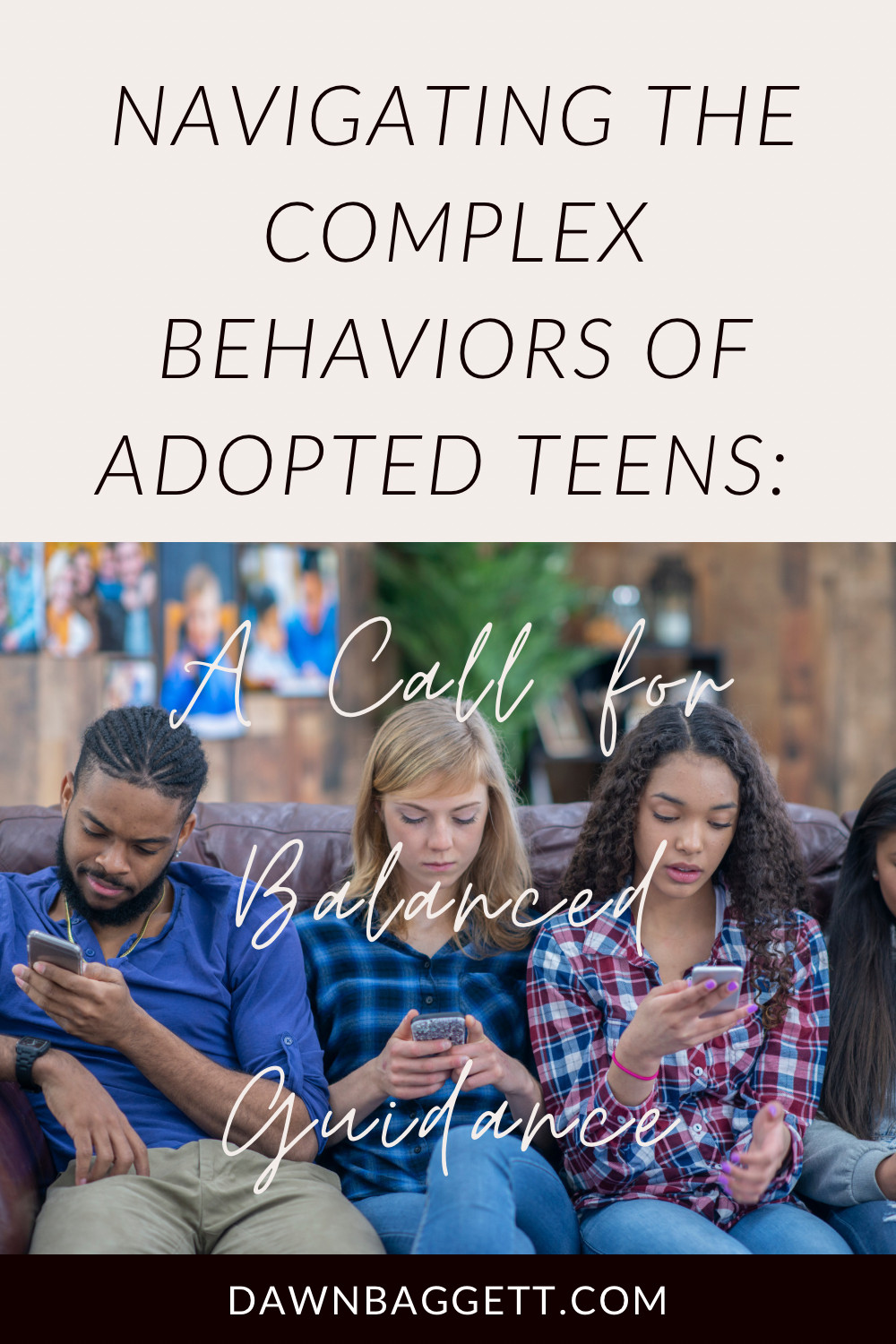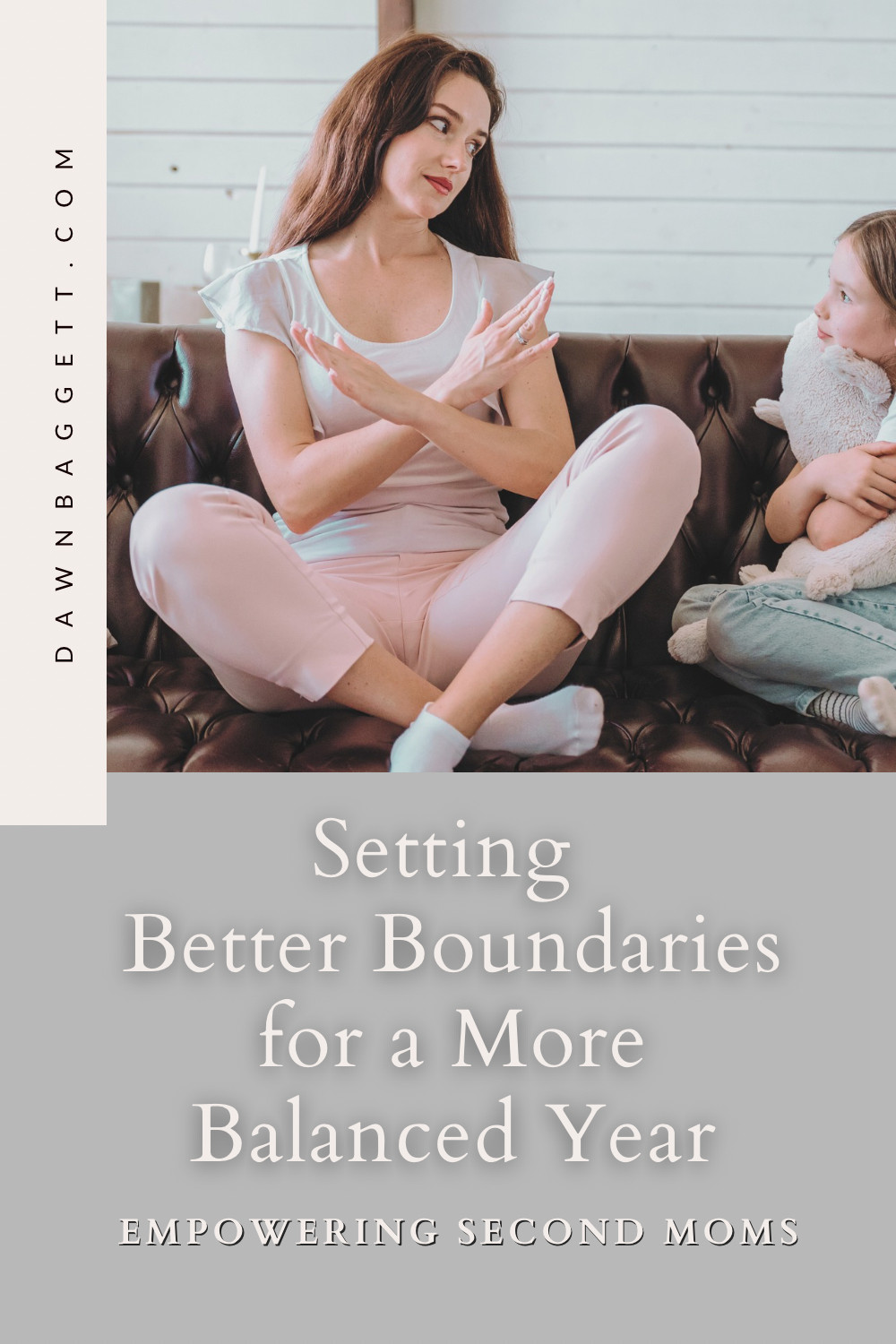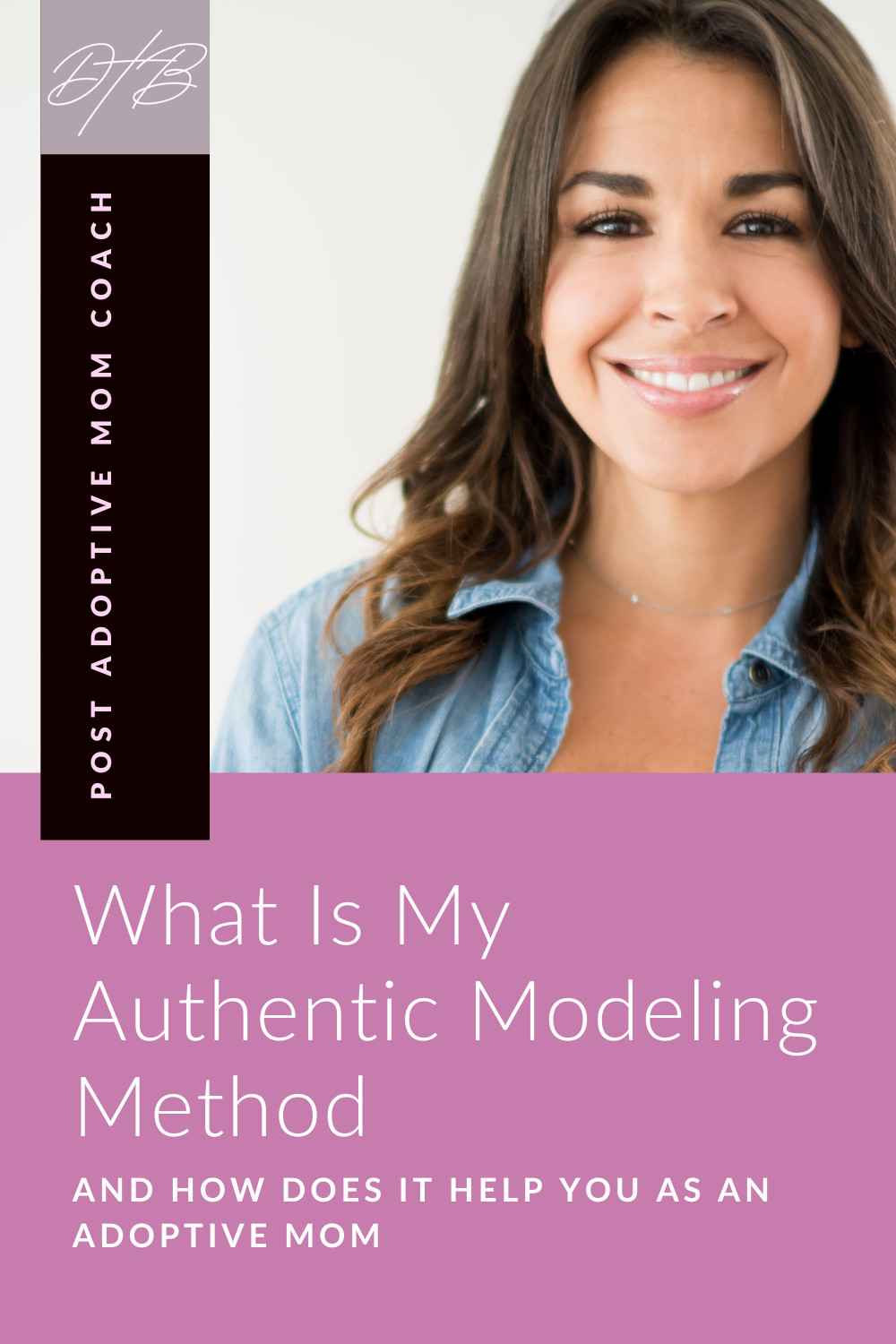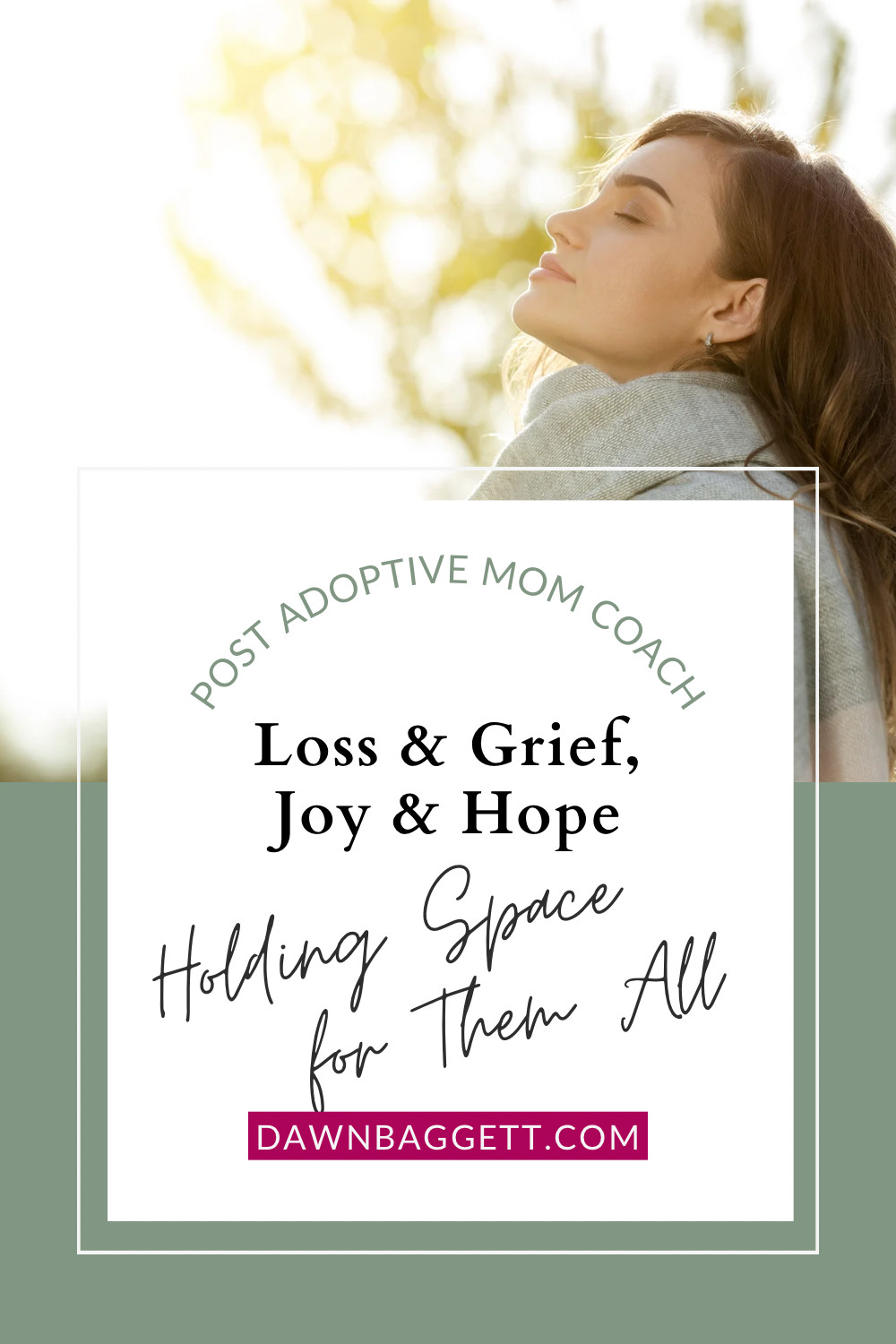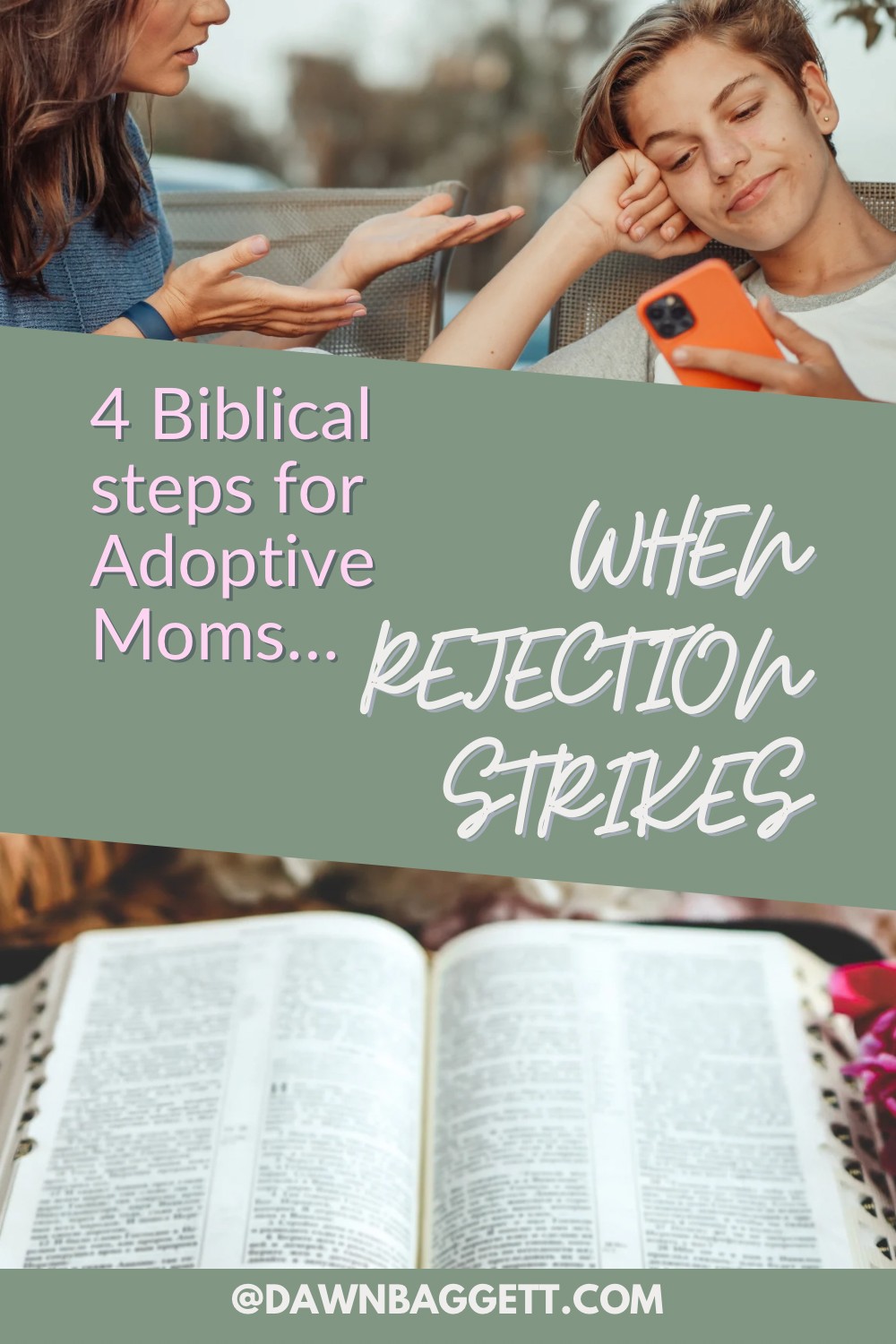
As adoptive mothers, we often pour our hearts and souls into nurturing our children, hoping to create a loving and stable environment...
Yet, facing rejection from the very children we cherish can be a painful and bewildering experience. This is a path I know well, not only as an experienced adoptive mom but also as a post-adoption mom coach.
Today, I want to offer a fresh perspective on this heart-wrenching experience, inspired by a biblical narrative of rejection — the story of the prophet Samuel from I Samuel 8:4-9.
Plus -- I am sharing a four part W.A.R.N. strategy -- a Biblical approach directly from this passage!
Learn the exact steps for handling rebellious rejection at any level in your household. Or anytime you feel a sense of personal rejection that comes with rebellious attitudes, backtalk, personal accusations or other behavior!

As a second mom, whether you’ve adopted or stepped into the role of motherhood, you know the heart and effort you pour into nurturing your child or teen.
You meticulously plan, pray over your strategies, and practice every form of parenting wisdom you’ve found.
You strive to be beneficial without triggering, functional without causing division, and helpful without being invasive.
Yet, despite these fervent efforts…
You meticulously plan, pray over your strategies, and practice every form of parenting wisdom you’ve found.
You strive to be beneficial without triggering, functional without causing division, and helpful without being invasive.
Yet, despite these fervent efforts…
…there are days when everything seems to fall apart
Read more...
What is a VIP Day Intensive? And how can this help me?
Very good questions!! 🤗
As a Christian adoptive mother, you’ve embraced a unique calling. Many of us are blending our families made up of both biological kids and adopted kiddos. Or more than one adopted child.
It’s not uncommon to face intense dysfunctional behaviors and patterns that can leave you feeling overwhelmed and uncertain about the best path forward.
As a fellow Christian adoptive mom, I understand the non-traditional path we're on. Bringing together a blended adoptive family is an incredible and meaningful journey, filled with love and God's purpose. But, let's be real—it also presents its own set of challenges beyond the run-of-the-mill variety. Behaviors and patterns you (or those around you) never expected or encountered before can feel daunting, leaving you unsure about the right steps to take
